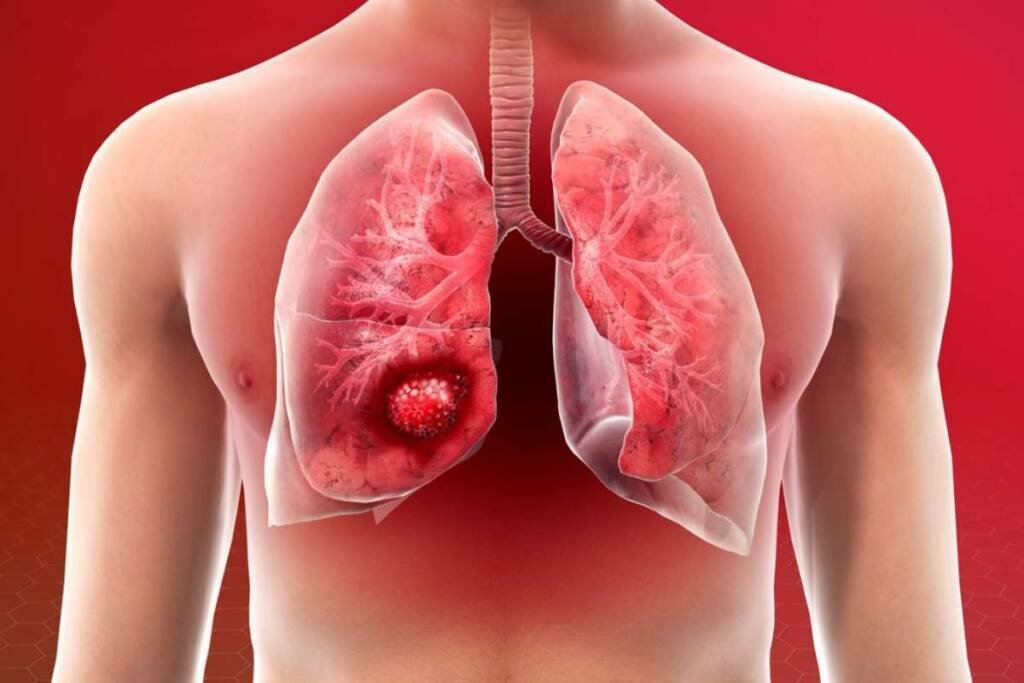Source – MAIA Biotechnology
Two patients with advanced non-small cell lung cancer (NSCLC) have not experienced disease progression for 12.2 and 11.5 months after being treated with THIO (6-thio-2′-deoxyguanosine) in combination with cemiplimab (Libtayo).
The findings are from the safety lead-in portion of the ongoing Phase II THIO-101 study (NCT05208944), which was announced in a press release by MAIA Biotechnology.
THIO is an investigational telomere-targeting agent that is being developed for the treatment of patients with NSCLC who have progressed beyond the standard-of-care checkpoint inhibitor (CPI) therapy.
“We are excited by the observed continued progression-free survival of the first 2 patients following treatment discontinuation, and these results align with our hypothesis that THIO, followed by an immune CPI, can re-sensitize tumors to the CPI and stimulate a potent and long-lasting anti-cancer immune response. This is particularly encouraging given that patients with advanced NSCLC who failed two or more therapy regimens in real-world scenarios have an expected survival of only 3 to 4 months. With therapy, third-line patients generally survive about 6 months; without therapy, survival is only weeks,” said Vlad Vitoc, chief executive officer of MAIA, in a press release.
The two patients who have responded well to the THIO-cemiplimab combination had both failed two prior lines of therapy, including one with a CPI and platinum-based chemotherapy.
The THIO-101 study is a multicenter, open-label, dose-finding, Phase II trial that is evaluating THIO in sequential combination with cemiplimab for the treatment of patients with NSCLC.
The primary end points of the study are to evaluate the safety and tolerability of THIO and overall response rate. Secondary end points of the study include duration of response, progression-free survival, and overall survival, and an exploratory end point of the study is biomarker analysis.
The findings from the THIO-101 study are promising and suggest that THIO may be a safe and effective treatment option for patients with advanced NSCLC who have progressed beyond the standard-of-care CPI therapy.





























